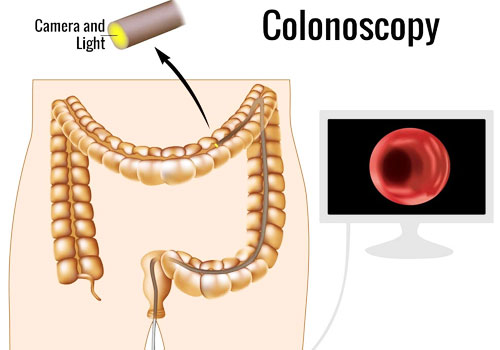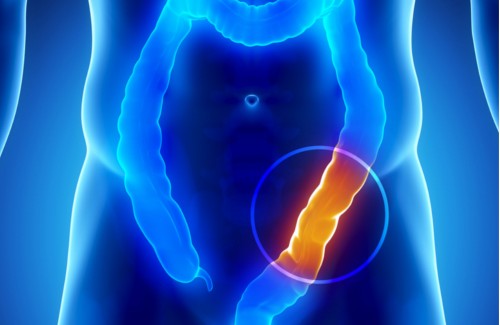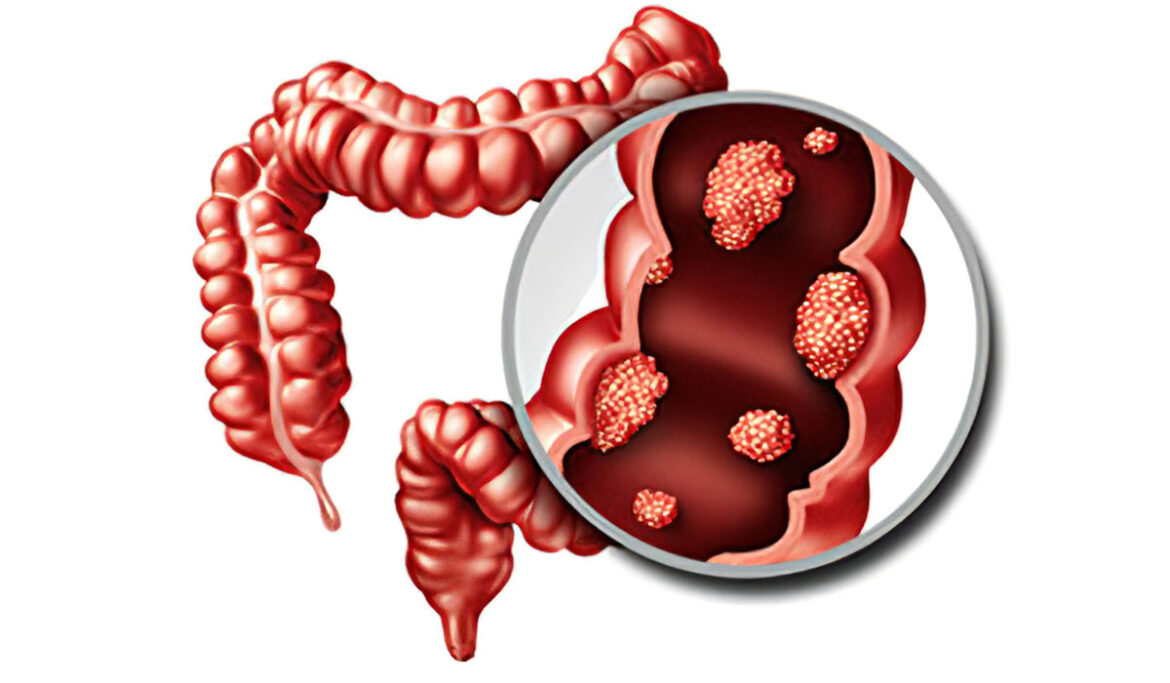Colon is a part of the tube that starts from the mouth and ends with the anus. Serving a vital role in the digestive processes, colon cancer has become a new bane in medical sciences. Colon cancer also known as colo-rectal cancer is the second leading cause of deaths caused by cancer in both men and women. The increasingly common disease needs proper knowledge in order to prevent or treat it. Early diagnosis can lead to a complete cure.

Colon cancer begins in the lining of the colon and rectum. Healthy cells grow and divide in an orderly way to keep your body functioning normally. But when a cell is damaged and becomes cancerous, cells continue to divide even when new cells aren’t needed. These cancer cells invade and destroy normal tissues nearby.
What are the common causes of colon cancer?
Colon cancer causes are not limited to one but numerous factors. Cancer advances from benign polyps that become cancerous if left untreated or allowed to grow in size. People most at risk of developing colon cancer are mostly:
- Anyone over the age of 60.
- Consume a lot of processed or red meats.
- Those with colo-rectal polyps.
- Those with an inflammatory intestinal disease like ulcerative colitis or Crohn’s disease are also susceptible to cancer.
- Patients with a family history (especially if there were cases of familial adenomatous polyposis in the family).
- Those who eat a diet high in fat with little fiber.
- Those who smoke or drink in excess.
- Obese or overweight.
The second leading cause of cancer death in many parts of the world, the disease is more common in men than women. Only 10% of polyps become cancerous; however the polyps needed to be treated in time before its spread and turning malignant.
What are the common symptoms of colon cancer?
Symptoms of Colon Cancer varies depending on the location of the tumor in the intestine.
- If located in the left colon, the symptoms are bloody stools, diarrhea and constipation, and feelings of incomplete evacuation.
- If located in the transverse colon:, symptoms faced are pain, blockage, cramps, vomiting and abdominal distension.
- If located in the right colon: internal bleeding, chronic anemia, fatigue, paleness, and lack of strength.
In each case, colon cancer can cause loss of appetite, drastic weight loss, fever, chronic fatigue, sensitivity and pain in the lower abdomen along with thin stools.
How is colon cancer detected?

Colon Cancer and its predecessor polyps can be detected and determined with medical tests.
- A doctor applies pressure to the abdominal area in addition to conducting a rectal exam to feel for lumps in the area.
- The stool can also be tested for the presence of blood which can indicate colon cancer (as well as other diseases). Other tests check the blood for anemia and liver function.
- A colonoscopy allows the doctor to see the entire intestine and check for cancer or polyps. With this test, the entire intestinal tract can be observed and samples can be taken of suspicious tissue for later analysis. If injuries do not allow for a colonoscopy, a barium enema is used to see a silhouette of the colon on x-rays.
- If the diagnosis is colon cancer, other tests can determine the cancer’s extent and if it has spread by using computerized tomography (CT) and magnetic resonance imaging (MRI) in the abdomen and lower stomach.
There are five stages of colon cancer:
- First stage it’s forming on the outer layers of the intestine
- Second stage is the inner layers of the colon.
- Third stage has spread through the colon wall.
- Fourth stage cancer has spread to the lymph nodes.
- Fifth stage cancer has spread to other organs (metastasis).
Early Diagnosis and Prevention of Colon Cancer

There are many methods available for the early detection of colon cancer. The diagnosis in early stages is a sure shot treatment. In the initial stages the symptoms can be confused with other diseases. Those over 50 are recommended to have their stool tested for signs of blood annually. Greater precautionary measures should be taken if there is a family history of cancer, including endoscopy starting at age 40 and repeated every two years. If the results are positive, a colonoscopy can be performed as described earlier.
Colon Cancer is one of the treatable forms of cancer. On timely detection the disease can be prevented. Treatment depends on many factors, like the stage and location of the disease. Treatments range in severity and include surgery (colonectomy) to remove cancerous cells; chemotherapy to destroy cells with cancer and radiation therapy to destroy cancerous tissue. Colon cancer is curable if detected and treated early enough. The prognosis also depends on the age of the patient, the immune system, the stage at which treatment started, etc. If five years after treatment have passed and the cancer has not reappeared, the patient is said to be cured.
Get more details on Colon Cancer Treatment in India at very low cost.
Also read:
Breast Cancer- The Necessary Details
Lung Cancer Awareness – Information About This Killer Disease
